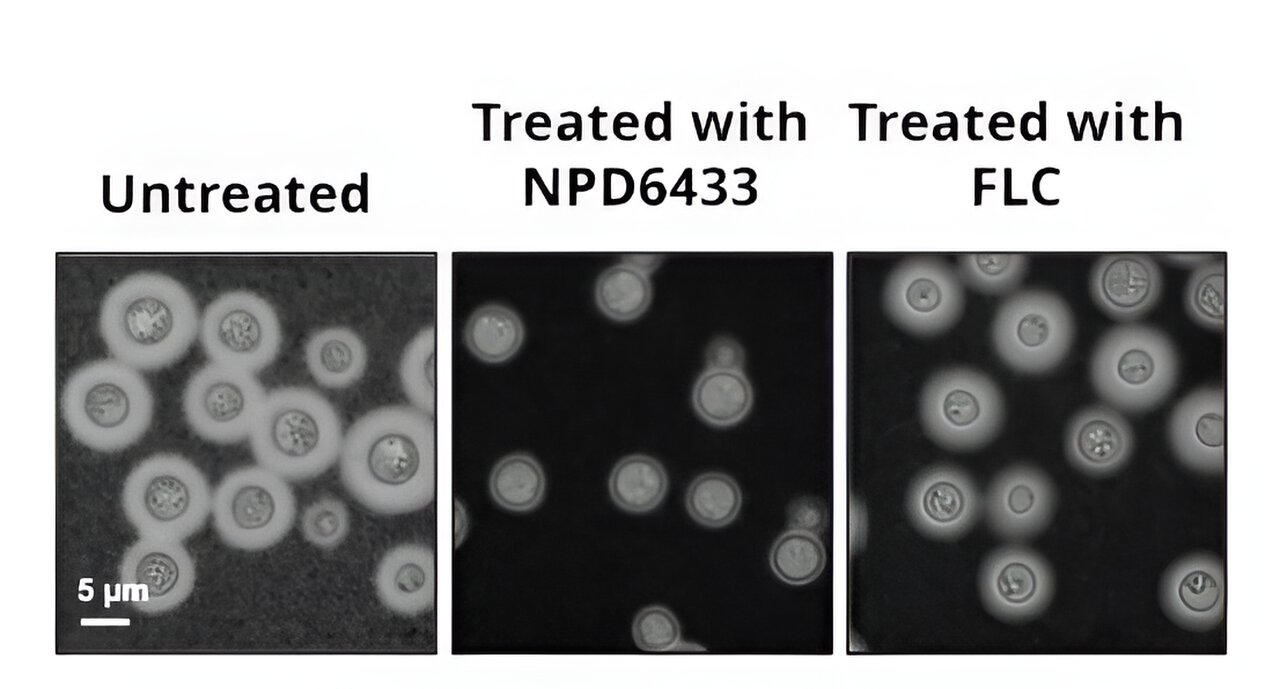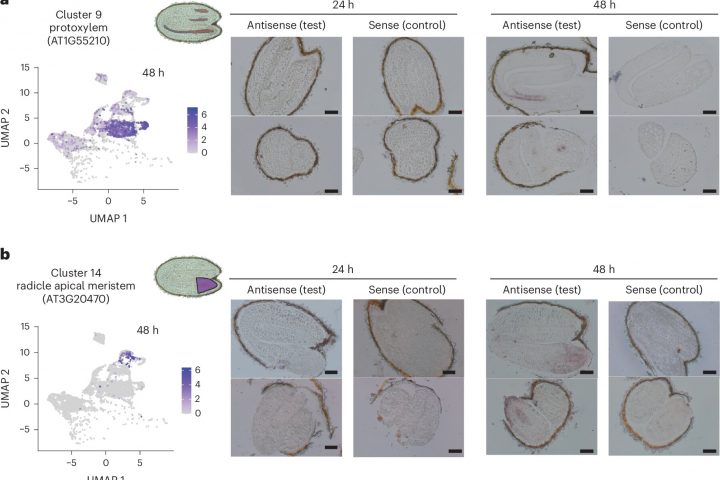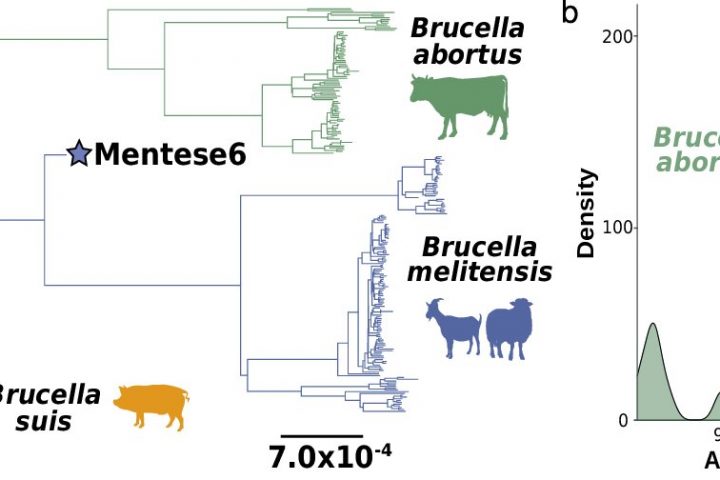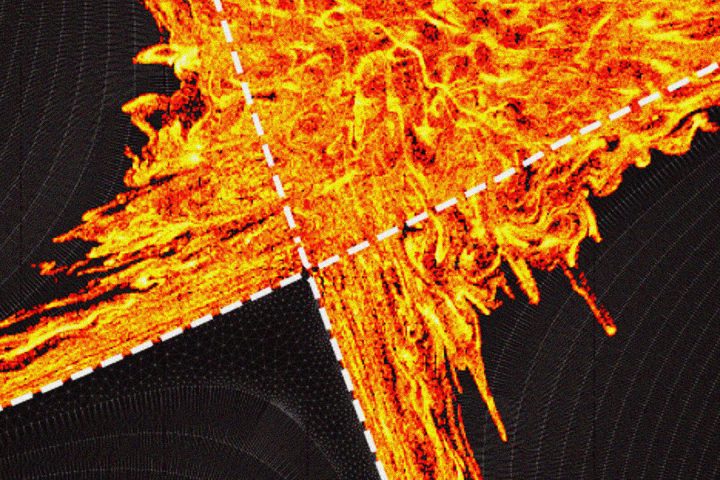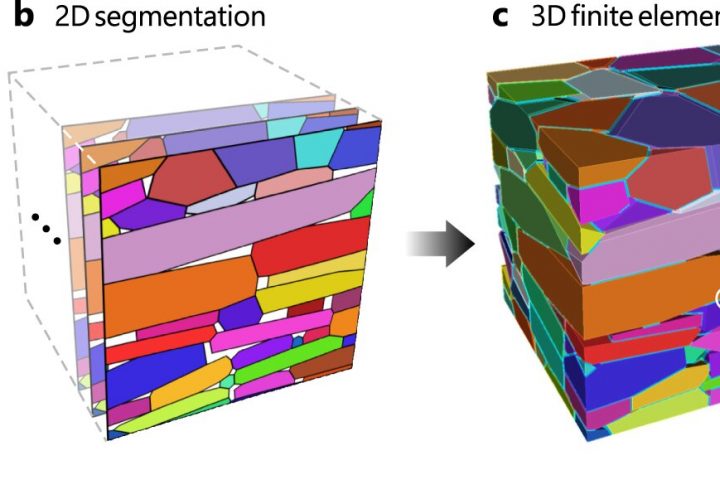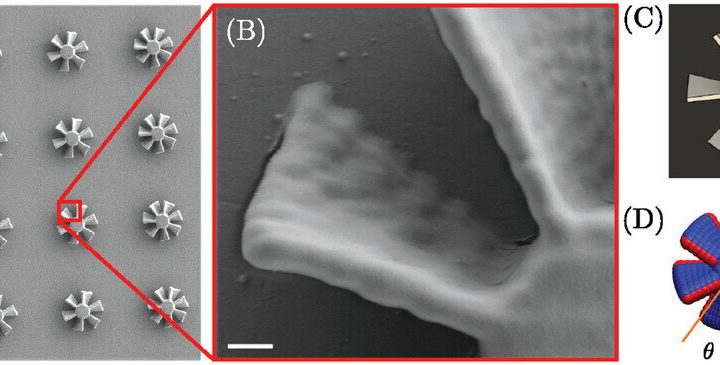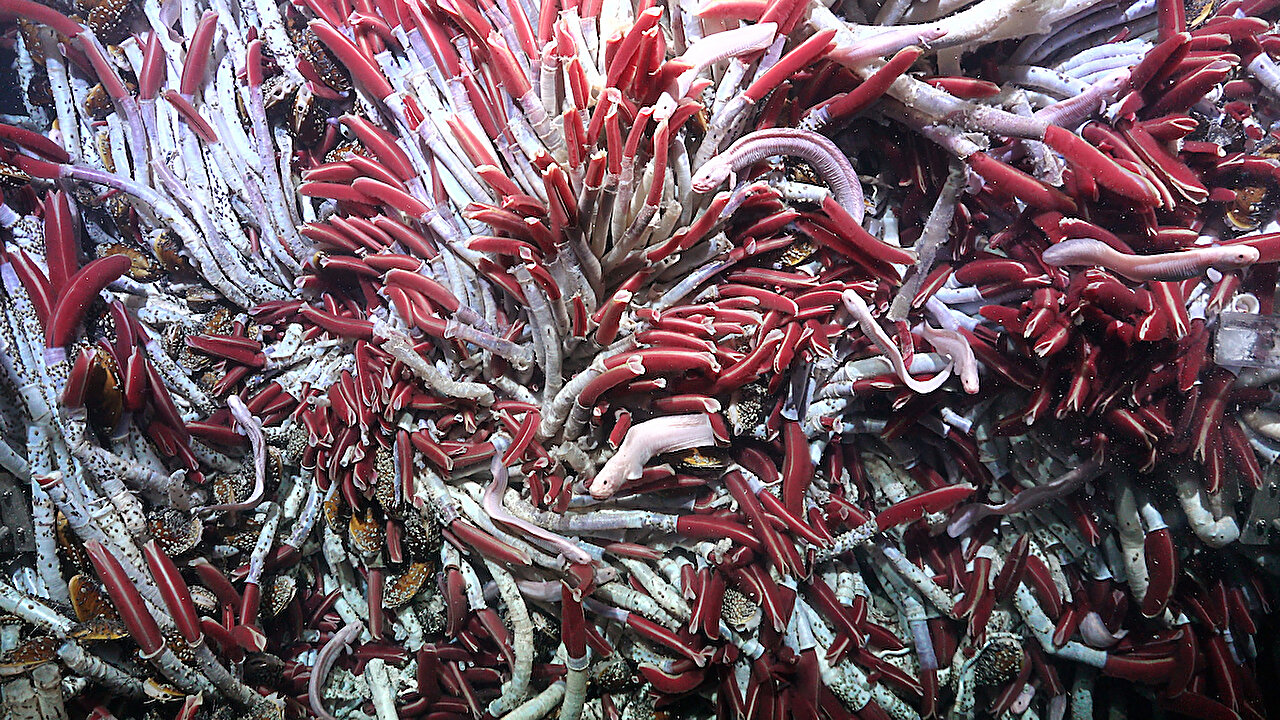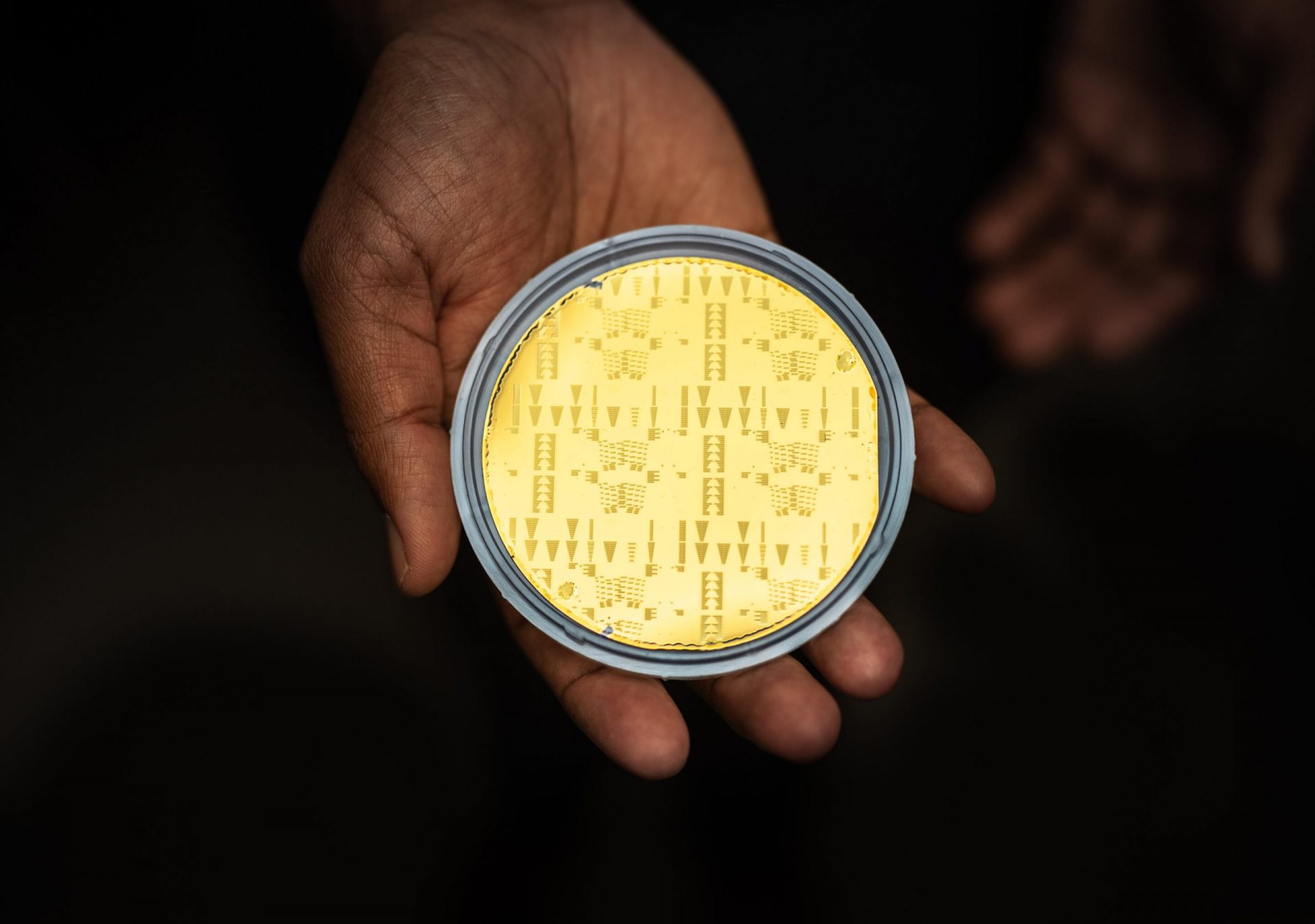Exciting news from the world of medical research! Scientists at the RIKEN Center for Sustainable Research Science (CSRS) and the University of Toronto have made a groundbreaking discovery in the fight against fungal infections.
Their innovative approach involves blocking the production of fatty acids, which are essential components of fats, in fungi. This method is particularly promising because it targets a wide range of fungal species and offers a new way to combat the growing problem of drug-resistant infections.
Published in the esteemed journal Cell Chemical Biology, the study highlights the urgent need for new strategies to tackle fungal infections. While conditions like athlete’s foot can be easily treated, more serious fungal infections caused by species like Candida, Cryptococcus, and Aspergillus are responsible for millions of deaths each year.
Currently, there are only three major classes of anti-fungal medications available, all of which work by destroying the protective barrier around fungal cells. However, these treatments are highly specific and may not be effective against different species of fungi.
The team of researchers aimed to find a more versatile solution that could combat multiple species of harmful fungi. They screened the RIKEN natural product depository (NPDepo) and identified several compounds that significantly reduced fungal growth in four pathogenic yeasts. After further analysis, they discovered three promising candidates.
One compound, named NPD6433, showed the least toxicity to human cells and also inhibited the growth of Aspergillus fumigatus, a common and dangerous fungal mold. Further investigations revealed that NPD6433 works by inhibiting fatty acid synthase, preventing the production of fatty acids within fungal cells.
In laboratory experiments using a live model organism, the researchers found that NPD6433 treatment reduced fatalities by approximately 50% in worms infected with a drug-resistant yeast strain. This exciting breakthrough offers hope for the development of new drugs to combat drug-resistant fungi.
“Drug-resistant fungi are a growing problem, and our research suggests that targeting fatty acid synthesis could be a promising alternative therapeutic strategy for fungal infections,” says Yoko Yashiroda, lead author of the study from RIKEN CSRS. “This approach may not require tailor-made solutions for individual species, offering a more efficient and effective solution.”
